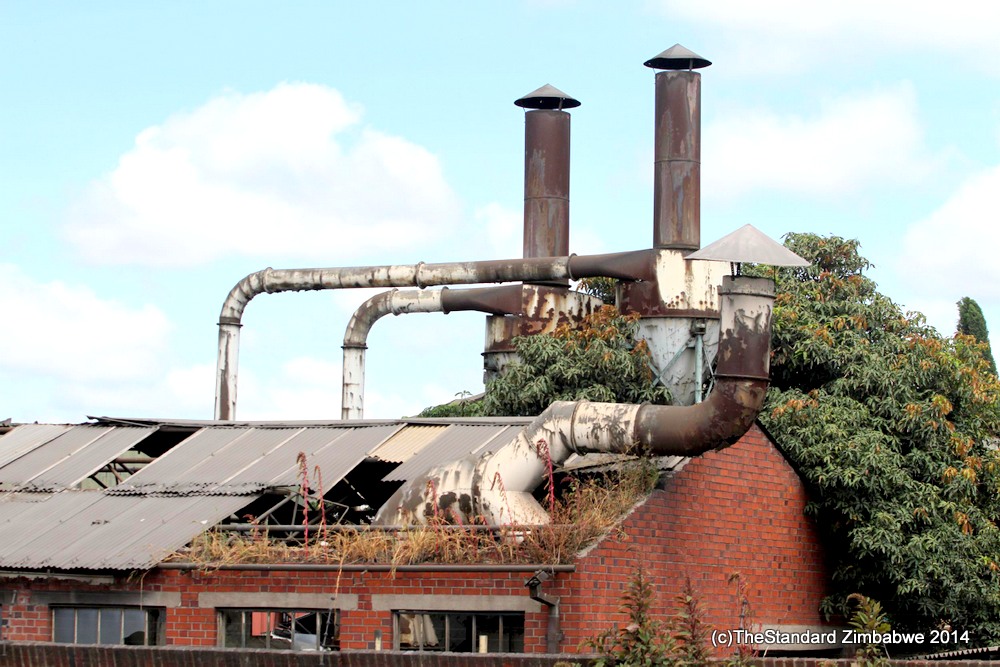
Amid the doom and gloom, it was heartening this week to read that David Whitehead Textiles Limited (DWTL) had resumed operations after four years in the wilderness.
NEWSDAY EDITORIAL
This piece of good news must have come as a relief not only to the community of Chegutu town, but to the country as a whole. For once, there is a story with a happy ending.
Company closures have become the new scourge of our country with tens of firms closing almost on a monthly basis. Last year alone, nearly 10 000 jobs were lost after 75 companies closed shop, according to statistics released by the Zimbabwe Congress of Trade Unions (ZCTU) in February.
The trend continued this year. By mid-year, the country had already recorded 890 job losses in the General Agriculture and Plantation Workers’ Union of Zimbabwe following loss of activity at eight large commercial farms. The job-losses figure increased as the year wore on and more ZCTU affiliates were surveyed.
DWTL used to be the biggest textile producer in the country. It was placed under judicial management in December 2010. At its peak, it employed thousands of workers.
Although it will initially take back just 330 of those, it is a good beginning. It has also taken back all its skilled and experienced personnel; another move deserving kudos as this will stem the disastrous brain drain that has affected the country since the beginning of the economic crisis more than a decade ago.
Many people around the country would love to see this story replicated in their towns and cities. Bulawayo, for example, must look at this development with renewed optimism. The city used to be the textile capital of the country; could the reopening of DWTL be a sign that all is not lost in the country’s second largest city?
- Chamisa under fire over US$120K donation
- Mavhunga puts DeMbare into Chibuku quarterfinals
- Pension funds bet on Cabora Bassa oilfields
- Councils defy govt fire tender directive
Keep Reading
It would also be great if the National Railways of Zimbabwe told a similar story. In the Midlands cities of Gweru and Kwekwe, the story is still all gloom.
Large corporations which in normal circumstances pump life blood into the hearts of these communities are all comatose or operating at very low levels.
Ziscosteel, now New Zim Steel, which used to be the biggest steelworks in Africa outside South Africa, is still a sorry sight in spite of government efforts to revive it.
Hundreds of thousands of people around the country wish to see the economy turn around so that jobs are created and more people become part of the formal economy again.
But what is needed is a strong political will to inject new life in the economy. Government’s new economic blueprint ZimAsset seems to have had a stuttering start mainly because of the uncertainty borne of the power struggles in the ruling Zanu PF party.
Investors have adopted a wait-and-see attitude towards investment because of this and other government policies that they see as inconsistent.
Even the so-called all-weather friends would be wary to pour in the billions of dollars in investment they promised when the political scene remains shrouded in crisis. The political crisis has to be brought to end quickly; hopefully the upcoming Zanu PF congress will speed this up.











